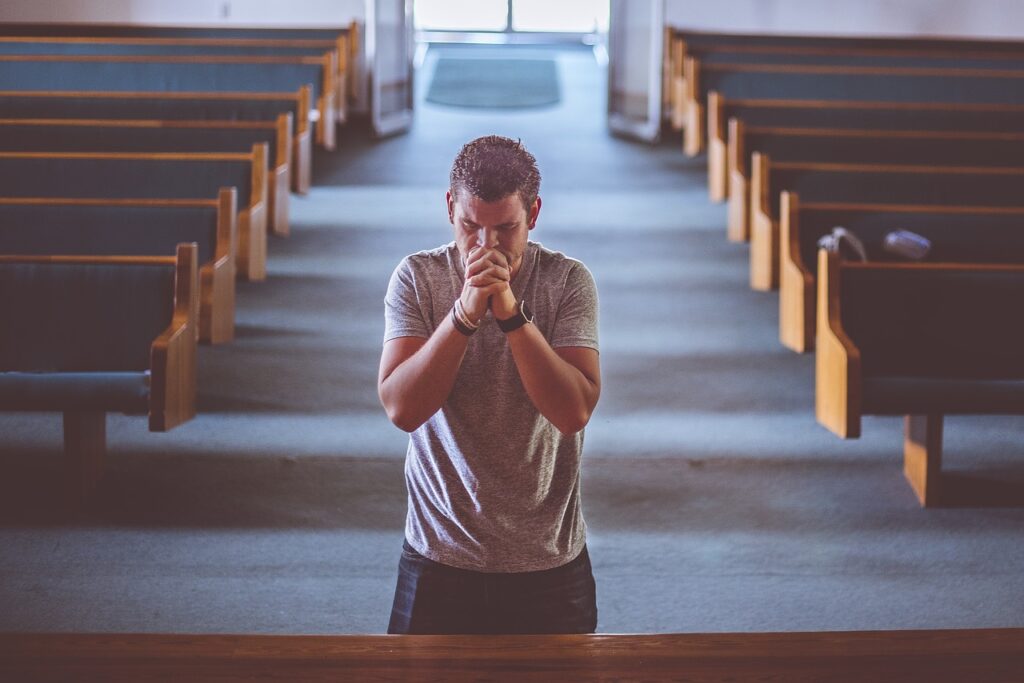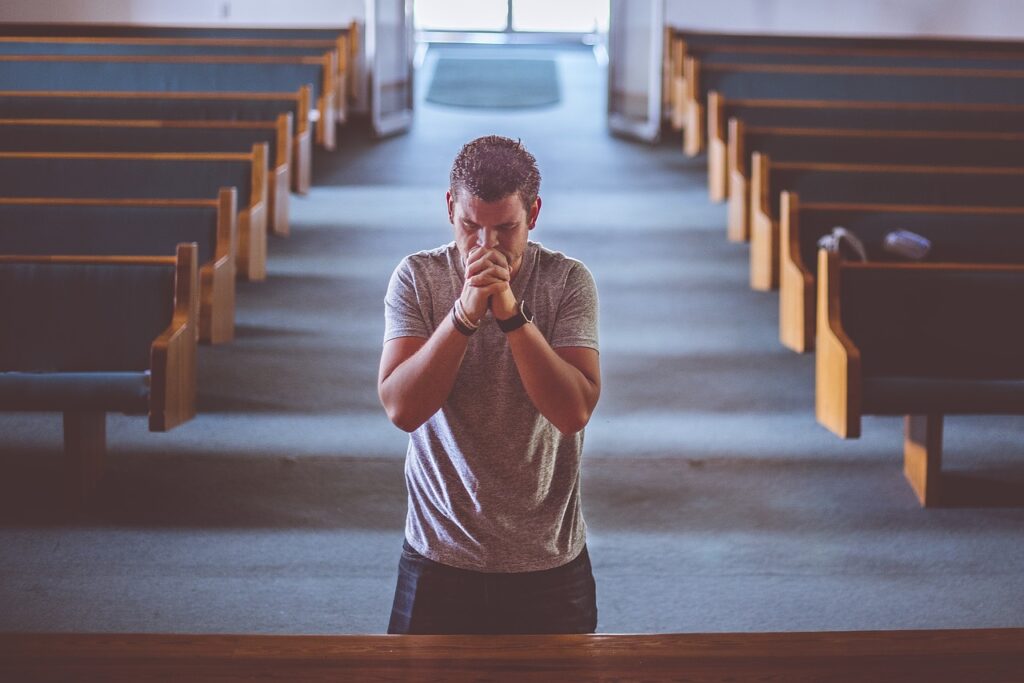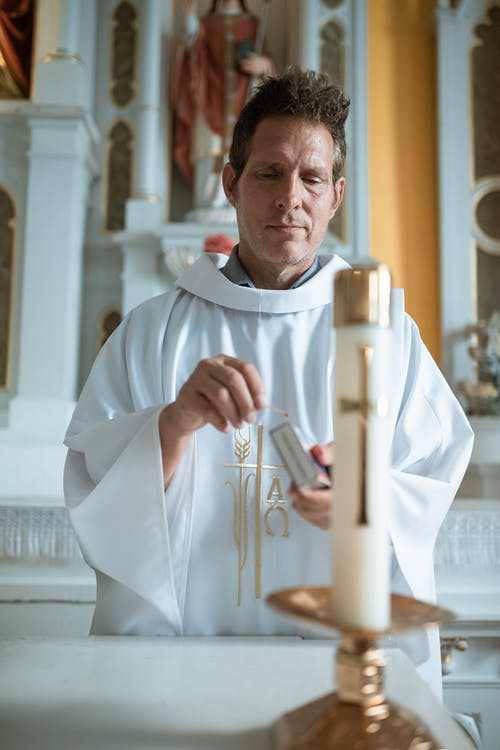The Power of Prayer in Addiction Recovery: Strengthening Your Faith for Healing

Addiction is a powerful force that can isolate, destroy, and enslave. But for Christians, there is a deeper power available—one that brings hope, strength, and healing: the power of prayer. In the journey of addiction recovery, prayer is not just a religious practice; it is a lifeline that connects us to the source of true transformation—God Himself.
Prayer as a Path to God’s Presence
In the midst of addiction, it’s easy to feel far from God. Shame, guilt, and brokenness can create a sense of spiritual distance. But prayer bridges that gap. James 4:8 reminds us, “Draw near to God, and He will draw near to you.” Prayer opens the heart to God’s presence, inviting Him to work in areas we cannot fix on our own. It’s in these moments of honest surrender that healing begins.
Finding Strength Through Prayer
Recovery from addiction is not a one-time decision—it’s a daily battle. Some days feel overwhelming, and the temptation to relapse can be strong. That’s why prayer is essential. Philippians 4:6-7 encourages us: “Do not be anxious about anything, but in every situation, by prayer and petition, with thanksgiving, present your requests to God. And the peace of God… will guard your hearts and your minds in Christ Jesus.”
Through prayer, believers can exchange anxiety for peace, weakness for strength, and fear for faith. God listens, responds, and empowers His children to keep moving forward, even when the road is tough.
Confession and Cleansing
Addiction often brings with it deep regret and shame. Prayer offers a path to cleansing and renewal. 1 John 1:9 assures us, “If we confess our sins, He is faithful and just and will forgive us our sins and purify us from all unrighteousness.” Confession through prayer frees the soul from the weight of guilt and opens the door for grace and healing.
Honest conversations with God, where struggles and failures are laid bare, are met with compassion and mercy. This kind of prayer strengthens faith and builds trust in God’s unwavering love.
Praying with Others
There is great power in communal prayer. Matthew 18:20 says, “For where two or three gather in my name, there am I with them.” Joining with others in prayer—whether in a support group, church setting, or with trusted friends—creates a sense of unity and shared strength.
Community prayer encourages accountability, provides comfort, and invites the Holy Spirit to move in powerful ways. It also reminds those in recovery that they are not alone.
Continual Communication with God
Prayer doesn’t have to be long or formal. God welcomes every word, every cry for help, and every moment of gratitude. 1 Thessalonians 5:17 says simply, “Pray without ceasing.” Making prayer a constant habit—throughout the day and in every circumstance—keeps hearts aligned with God and focused on healing.
In addiction recovery, prayer is more than a ritual—it is a powerful weapon against darkness. By strengthening faith and inviting God’s presence into the process, prayer helps transform brokenness into wholeness. Through prayer, every person struggling with addiction can find renewed hope, peace, and the strength to walk in freedom.








